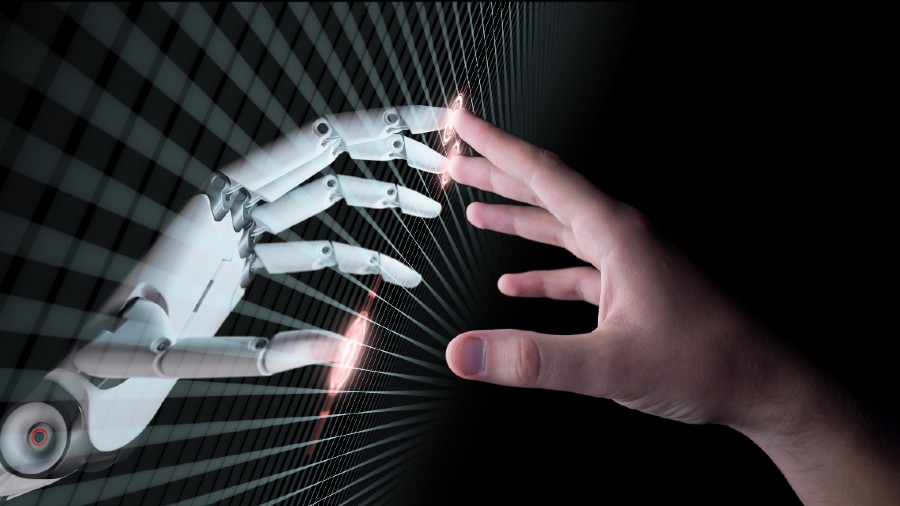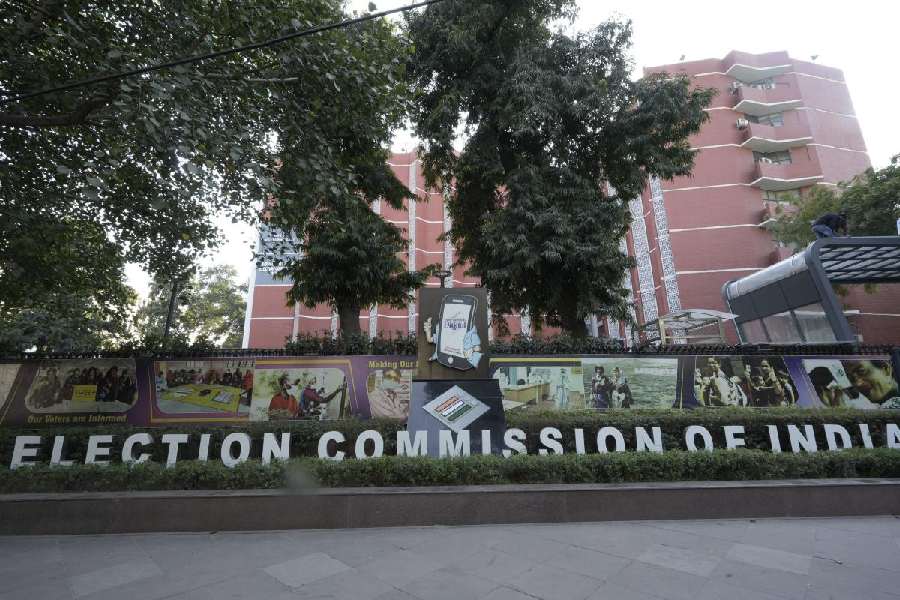Democracy is built on debate. This is the thought that went into the formation of the Oxford Union debating society almost 200 years ago. But democracy has come a long way since then; it is now populated not just by humans but also artificially intelligent machines. In keeping with the times, the debating society recently invited Megatron llB Transformer, an AI machine, to debate the ethics of its existence with itself. Megatron llB, representing both sides of the house, argued that the ethical dimensions of AI would remain grey; hence it will remain a force of good and bad. It added that data will become the most fought-over resource of the 21st century and that everything about a person will be tracked, stored and used in unimaginable ways. This unfolding culture of surveillance may well be portentous for freedoms germane to the project of democracy.
The field of AI is making staggering advances: it can now develop itself by generating codes as well as solve language and syntax puzzles. It is even making its presence felt in other spheres. A Russian office employed AI to track the data of its employees — emails, chats, documents and dashboards — to assess their productivity, leading to some of them being fired. But the principal concern is about the fate of democracy’s essence in futuristic societies. Sophisticated technology has the power to generate convincing text that poses significant challenges to free speech. These can enable what sociologists call ‘modern censorship’ — language bots generate large quantities of convincing, but false, data to drown out speech that AI’s handlers find objectionable. In a technique called ‘flooding’, the information ecosystem is distorted by a flood of content to distract and confuse the public as well as discredit credible news. This distortion has discernible political links. For example, more than 36,000 Russian-linked bot accounts tweeted about the presidential elections in the United States of America between September 1 and November 15, 2016, creating around 288 million impressions favourable to one candidate, according to a Congressional briefing. With AI-generated writing, the need for human-staffed ‘troll farms’ will be eliminated, enabling an authoritarian State to manipulate public debate — the kernel of democratic polity — with the low cost, high efficiency, weaponized software. As algorithms optimize data and information that are then made malleable for nefarious political projects, social media echo chambers would emerge, leading to citizens reading — consuming — the politically dominant narrative only. This would wipe out dissenting voices and corrupt the principle of debate. The result would be the fragmentation — disintegration? — of democratic societies that thrive on the coexistence of divergent, competing opinions.
The internet was supposed to become an overwhelming democratizing force against illiberal administrations. With the advent of AI, it has been co-opted by those very regimes in order to push their own agenda while crushing dissent and opposition. The solution, therefore, is to mobilize opinion to introduce checks and balances so that the emerging nexus between State and new technology does not devour democracy.
 Wednesday, 21 January 2026
Wednesday, 21 January 2026










